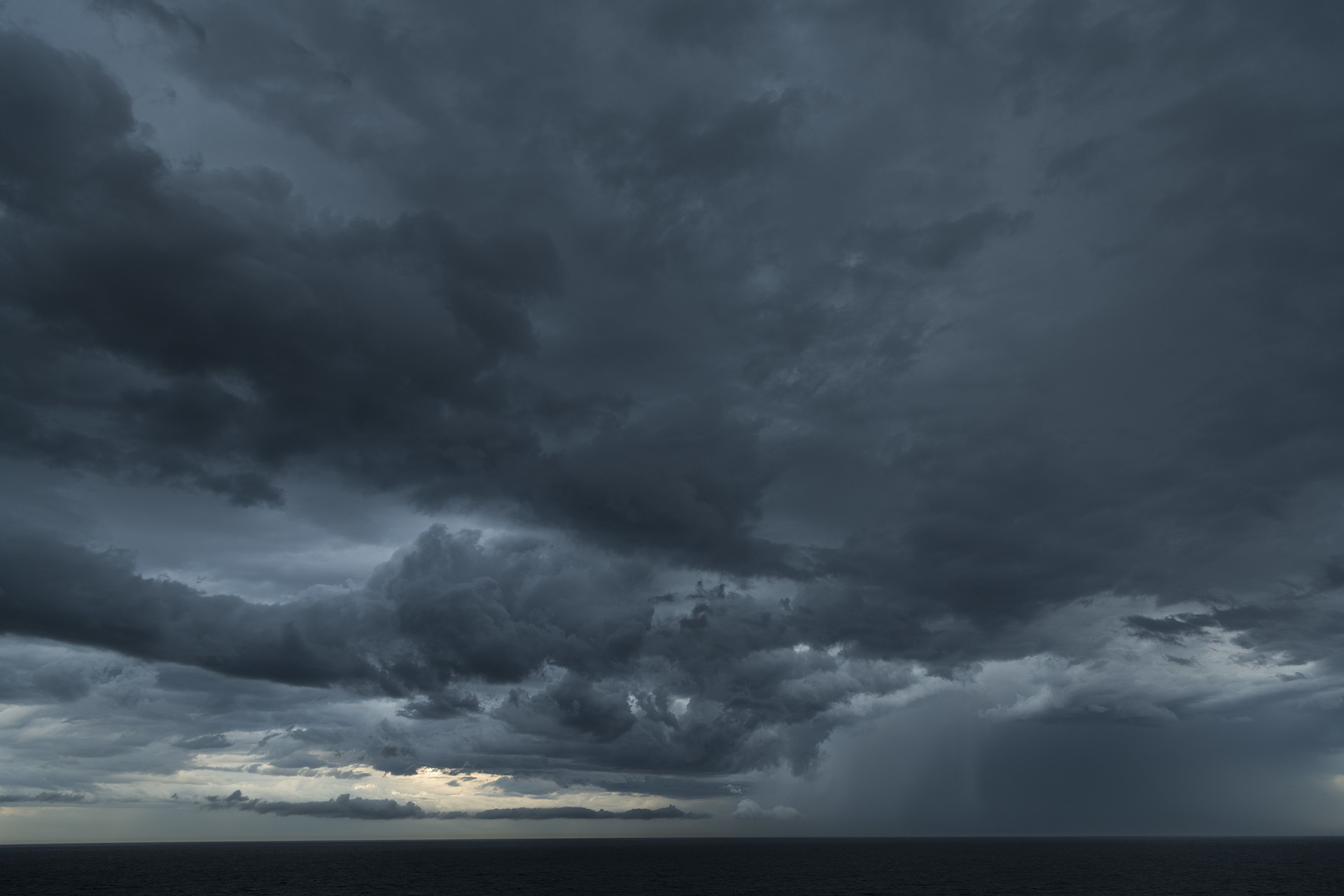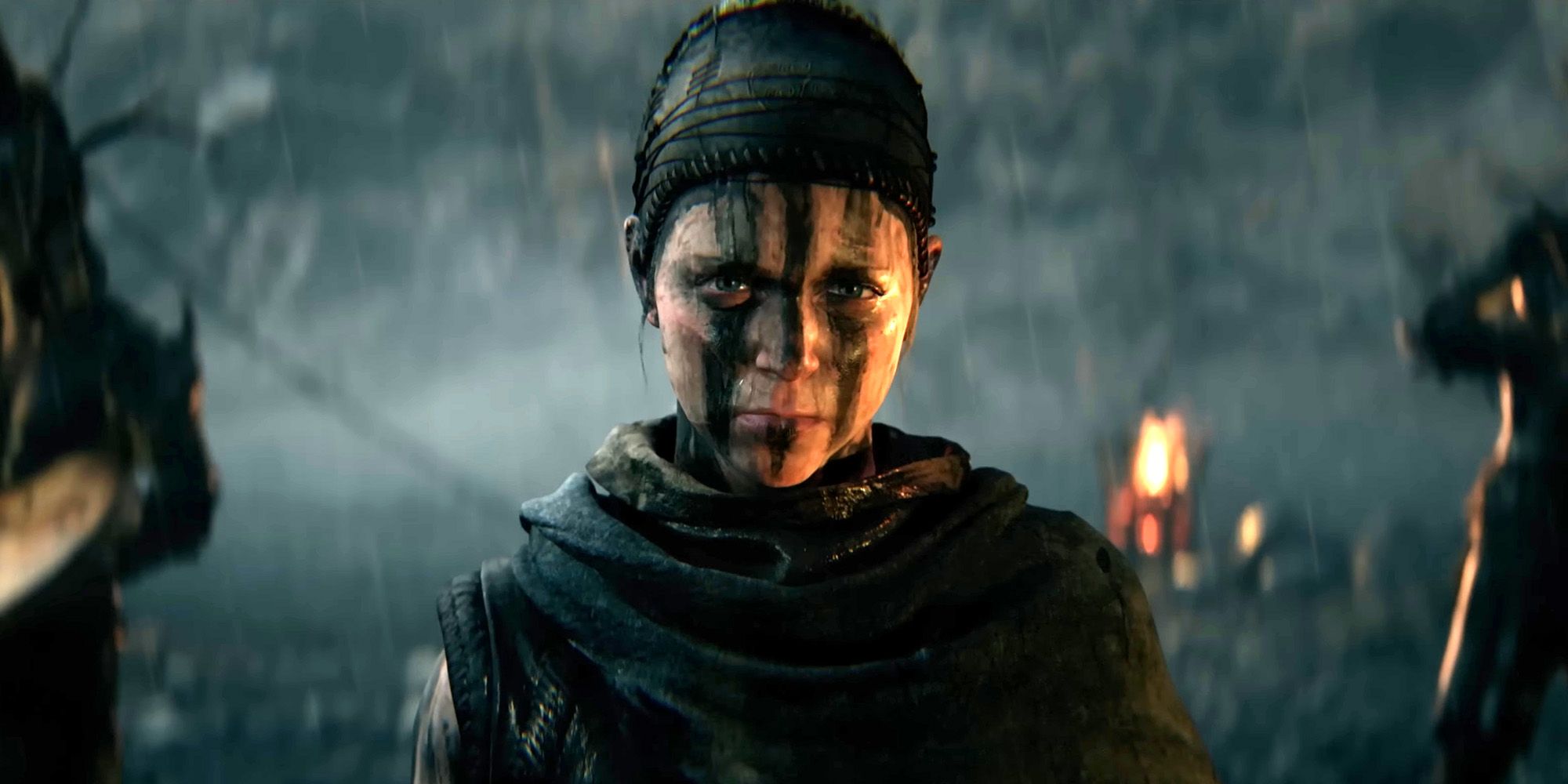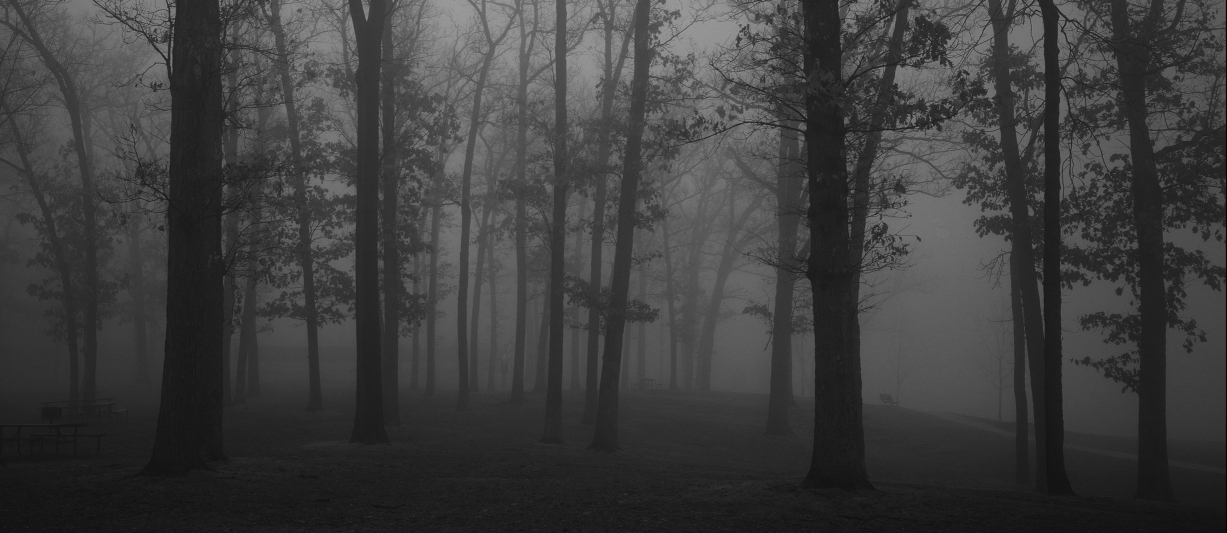- Galactic Credits
- ᖬ1,727,962
- Silver
- €263,599
Dal Arad, Eastern Talathair,
Eirelunn, Early Autumn...
The northern wind carried the sea's breeze past the high cliffs that stood high as primordial walls over the rocky coasts of Eirelunn, caressed by the loud tides of the Eirish Sea. It was a tradition tracing its roots in antiquity, Druids upheld, during the first days of Autumn when the rain cried her blessings over Eirelunn for three days without the sun's radiant gaze on the harvested fields, and when the seagulls first fly in colonies deep, towards the Highlans. The Druids gathered to a place holy and ancient, for the Ubhagán, the spiritual leaders of the Circle of the Bear, to reach out to their patron Beithioch, and offer their respects for the harvests apleanty, the fair winds and the absense of plagues.
The roads of Dal Arad, past the Inisdun crossing and the port of Caercull, already carried the effect of the weather's shift, with much of their extent having turned muddy, making the carriage difficult to cross, while on other parts, the sharp stones once burried in the dirt, now bared as the rain carried the mud away, caused the vehicle to bounce. Hardships indeed expected, yet never accustomed by the folk of Dunwyn.
The escort consisted of some twenty mounted men-at-arms, of which five were mounted Coisarmortrum; Nobles of Dunwyn, clad in plated armour and brigandine. Their heads were covered by a tuppete or chaperon, choosing to not wear their steel helmets hanging from their belts, as the long hours on the road were far more comfortable without the metal. The outfits of the knights and Coisarmortrum were far more expensive than the simplistic chainshirt or brigandine and iron kettle hat worn by the rest of the contingent, most of whom had chosen to take them off over a gugel or bag hat, which were far better against the rain.
The road after Inisdun, the Long Bridge between Dunwyn and Fiathyne provinces deteriorated, but not as much as it did when the contingent reached Rathgord. The comforts of a road network in the likes of Dunwyn or Laighin were unthinkable so far to the North. Unlike Dunwyn, which saw drastic changes under the rule of @Harrul Ulfbitenn, the now Eirish King of the Ulfbitenn, the North had never been established as a trade centre, and thus remained to the old ways of war and tribalism, regardless the efforts of the Northern Counties for modernization. A two-day stop in Rathgord was met with a contained feast by the Nobles who held sway over the port city. It had been months, ever since the late Spring, when the war unfolded, since Amlet Ulfbitenn, son of Euric the "Hound of Roadren", had been given command of the city after its conquerors, House Rosbathadh, withdrew their claims over it. Alas, Amlet had been away to the East for several months, when the contingent rested at the city...
By dawn, on the third day, the contingent once again departed, having been gifted with supplies and ten additional men-at-arms, this time Knights from House O'Daire, which had played a tide-turning role during the war and was for that rewarded with favour by the Rosbathadh. They, unlike the rest of the contingent, knew well the paths of the land, and could easily navigate the vaguelly carved roads that led to Belcarrick, the destination of the contingent.

The lands of Fiathyne still carried the painful reminder of the war. Occasionally, the contingent would stride nearby or through ruined settlements, or stumble upon burned fields the rain had yet to wash the ashes from. On a darker day, the view of hanged skeletal remains, victims of the brutalities that had seemingly passed, would rest uneasy by rotting ropes, half-feasted by crows. Eventually, the more the days striding northwards, the more these sights turned fresh, and the more the stench, under which the locals went by, quick to rush in their hovels or grasp their spawns in fear, as the crimson flags of House Ulfbitenn were seen held by the bannermen of the contingent...
Eirelunn, Early Autumn...
The northern wind carried the sea's breeze past the high cliffs that stood high as primordial walls over the rocky coasts of Eirelunn, caressed by the loud tides of the Eirish Sea. It was a tradition tracing its roots in antiquity, Druids upheld, during the first days of Autumn when the rain cried her blessings over Eirelunn for three days without the sun's radiant gaze on the harvested fields, and when the seagulls first fly in colonies deep, towards the Highlans. The Druids gathered to a place holy and ancient, for the Ubhagán, the spiritual leaders of the Circle of the Bear, to reach out to their patron Beithioch, and offer their respects for the harvests apleanty, the fair winds and the absense of plagues.
The roads of Dal Arad, past the Inisdun crossing and the port of Caercull, already carried the effect of the weather's shift, with much of their extent having turned muddy, making the carriage difficult to cross, while on other parts, the sharp stones once burried in the dirt, now bared as the rain carried the mud away, caused the vehicle to bounce. Hardships indeed expected, yet never accustomed by the folk of Dunwyn.
The escort consisted of some twenty mounted men-at-arms, of which five were mounted Coisarmortrum; Nobles of Dunwyn, clad in plated armour and brigandine. Their heads were covered by a tuppete or chaperon, choosing to not wear their steel helmets hanging from their belts, as the long hours on the road were far more comfortable without the metal. The outfits of the knights and Coisarmortrum were far more expensive than the simplistic chainshirt or brigandine and iron kettle hat worn by the rest of the contingent, most of whom had chosen to take them off over a gugel or bag hat, which were far better against the rain.
The road after Inisdun, the Long Bridge between Dunwyn and Fiathyne provinces deteriorated, but not as much as it did when the contingent reached Rathgord. The comforts of a road network in the likes of Dunwyn or Laighin were unthinkable so far to the North. Unlike Dunwyn, which saw drastic changes under the rule of @Harrul Ulfbitenn, the now Eirish King of the Ulfbitenn, the North had never been established as a trade centre, and thus remained to the old ways of war and tribalism, regardless the efforts of the Northern Counties for modernization. A two-day stop in Rathgord was met with a contained feast by the Nobles who held sway over the port city. It had been months, ever since the late Spring, when the war unfolded, since Amlet Ulfbitenn, son of Euric the "Hound of Roadren", had been given command of the city after its conquerors, House Rosbathadh, withdrew their claims over it. Alas, Amlet had been away to the East for several months, when the contingent rested at the city...
By dawn, on the third day, the contingent once again departed, having been gifted with supplies and ten additional men-at-arms, this time Knights from House O'Daire, which had played a tide-turning role during the war and was for that rewarded with favour by the Rosbathadh. They, unlike the rest of the contingent, knew well the paths of the land, and could easily navigate the vaguelly carved roads that led to Belcarrick, the destination of the contingent.

The lands of Fiathyne still carried the painful reminder of the war. Occasionally, the contingent would stride nearby or through ruined settlements, or stumble upon burned fields the rain had yet to wash the ashes from. On a darker day, the view of hanged skeletal remains, victims of the brutalities that had seemingly passed, would rest uneasy by rotting ropes, half-feasted by crows. Eventually, the more the days striding northwards, the more these sights turned fresh, and the more the stench, under which the locals went by, quick to rush in their hovels or grasp their spawns in fear, as the crimson flags of House Ulfbitenn were seen held by the bannermen of the contingent...





